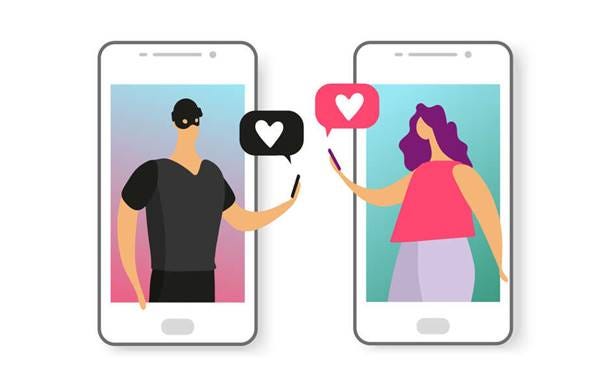
Some days, everything looks fake. Love interests. Sports memorabilia. Texts from your bank. Is anything real?
Unfortunately, you must take a pretty cynical approach these days if you don’t want to lose hundreds or even thousands of dollars to a con artist who is typically impersonating someone you’d like to be able to trust.
Once you fall into the trap, they’ve got you.
Many scam warnings aren’t really new. But it’s clear that we all could use a refresher course about keeping up our guard, particularly as many people are more isolated after battling the COVID-19 pandemic for the past two years.
Sometimes, you’d like to talk to somebody. Or think you found a great deal shopping online. Unfortunately, the scammers are all too willing to oblige.
Nothing amorous about losing money
You don’t even have to be looking for love to lose cash to a romance scammer, according to the latest news from the Federal Trade Commission.
An out-of-the-blue flirtation often starts via private messages on social media.
More than a third of people who said they lost money to an online romance scam in 2021 said the relationship began on Facebook or Instagram, according to the FTC.
Your newfound honey, naturally, might run into health or financial problems and soon need money. I interviewed one victim who handed over cash at the start to a new romantic online partner so she could buy a cellphone to keep up the conversations. And then more money was needed for one thing after another.
A new…







